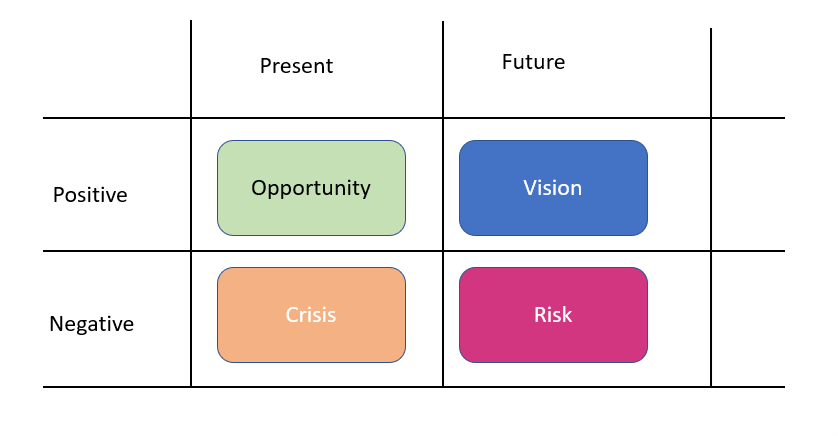[vc_row][vc_column][vc_column_text]Children are the evil geniuses of persuasion. They’re able to make their case in a way that hits all of our hot spots and pain points to get the outcome they want. I remember well the bedtime battles that would happen in my house. My daughter would have a list of tactics within her repertoire to get that extra 5, or sometimes 30 🙄, minutes of awake time. Some would work well sometimes (just one more book pleeeeeease) and others I just couldn’t refuse like a request for the toilet (again!). The one that always got me was ‘just 5 more minutes because I’ve had the best day and I want to make sure I remember it forever’. Cue the satisfied smile from both of us and she got her extra 5 minutes whilst we talked through her highlights.
When you’re working on a proposal for your corporate partner, are you thinking of how best to make your case? You’ve done your research and know their hot spots, but which angle do you take? Here are 4 ways to think about making your case.
 Opportunity
Opportunity
This is a positive approach, based on current need and the chance to make an immediate impact. There have been some great examples of this approach during the COVID pandemic. When Reckitt Benckiser partnered with Meals on Wheels they were able to provide $1,000,000 of hygiene and cleaning products to elderly and vulnerable people isolating during the crisis. It met a very pressing need, especially when supermarket shelves were being emptied by panic buying. Another terrific example was the partnership between Cisco and Lifeline, which has helped expand the phone service and enabled Lifeline to respond to the soaring need for help.
Vision
This is a more future focused approach, which works to inspire the corporate partner about the long-term impact of their support. How inspiring and audacious is your partnership vision? We love the clarity of ‘Kiss Goodbye to MS’ and ‘Eliminate cervical cancer by 2030’. Corporate partners often find a big goal more seductive than just meeting an immediate need. It gives them the opportunity to tell and bigger story with their audiences, over a longer time. It also provides bragging rights of how much they’ve achieved for the community through the partnership.
Crisis
You can make your case for a partnership very effectively using a more negative approach. This is an approach typically employed by international aid organisations when there’s a humanitarian crisis. Floods, bushfires, tsunamis and drought bring with them a plethora of raw and authentic human stories that create emotional connection with a corporate partner. The crisis approach works well if you’re mobilising to take immediate action. The wonderful partnership between Suncorp and The Smith Family addressed the immediate crisis of home schooling for disadvantaged children who didn’t have access to a laptop or technology.
Risk
Risk is a future focused approach, looking at longer term implications of inaction. Issues such as climate change or income inequity are a great fit for this kind of approach. It inspires the corporate partner to be a meaningful collaborator in finding the solutions to big societal issues. It also encourages big and audacious targets. The partnership in the UK between Tesco and WWF is a great example, working to halve the environmental impact of every shopping basket. As Tesco has 80 million customer visits per week in the UK, that’s a meaningful commitment to long-term impact.
There are a myriad of ways you can make your case and frame a winning proposal to your corporate partner. The nature of your cause and the priorities of your corporate partner will likely suggest more obvious choices. To get what you want, you may have to think like a devious toddler to get it.
[/vc_column_text][/vc_column][/vc_row][vc_row][vc_column width=”1/2″][vc_column_text][activecampaign form=1 css=1][/vc_column_text][/vc_column][vc_column width=”1/2″][/vc_column][/vc_row]

